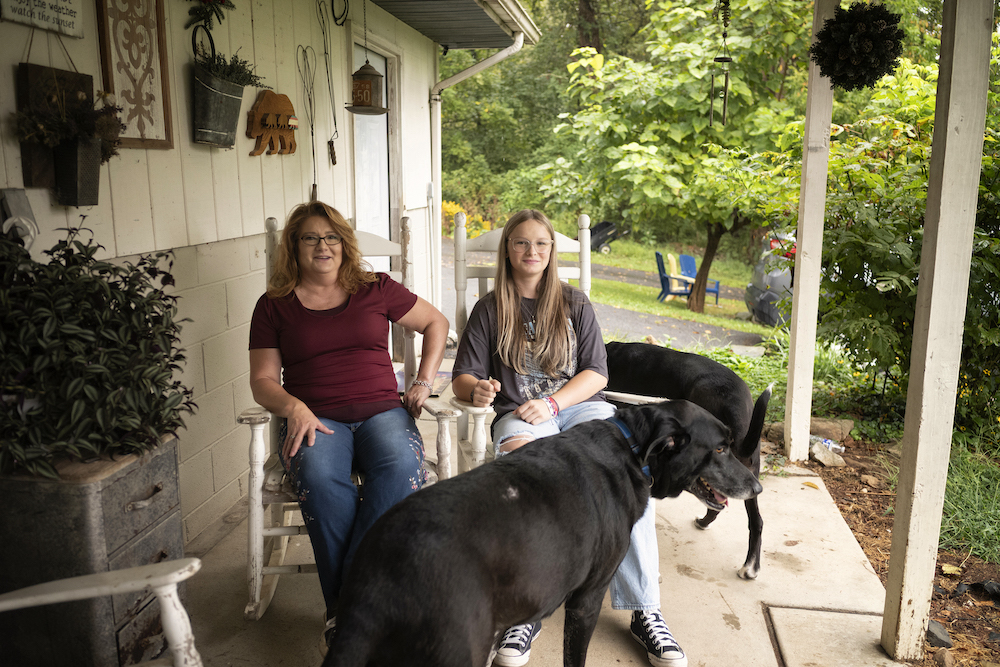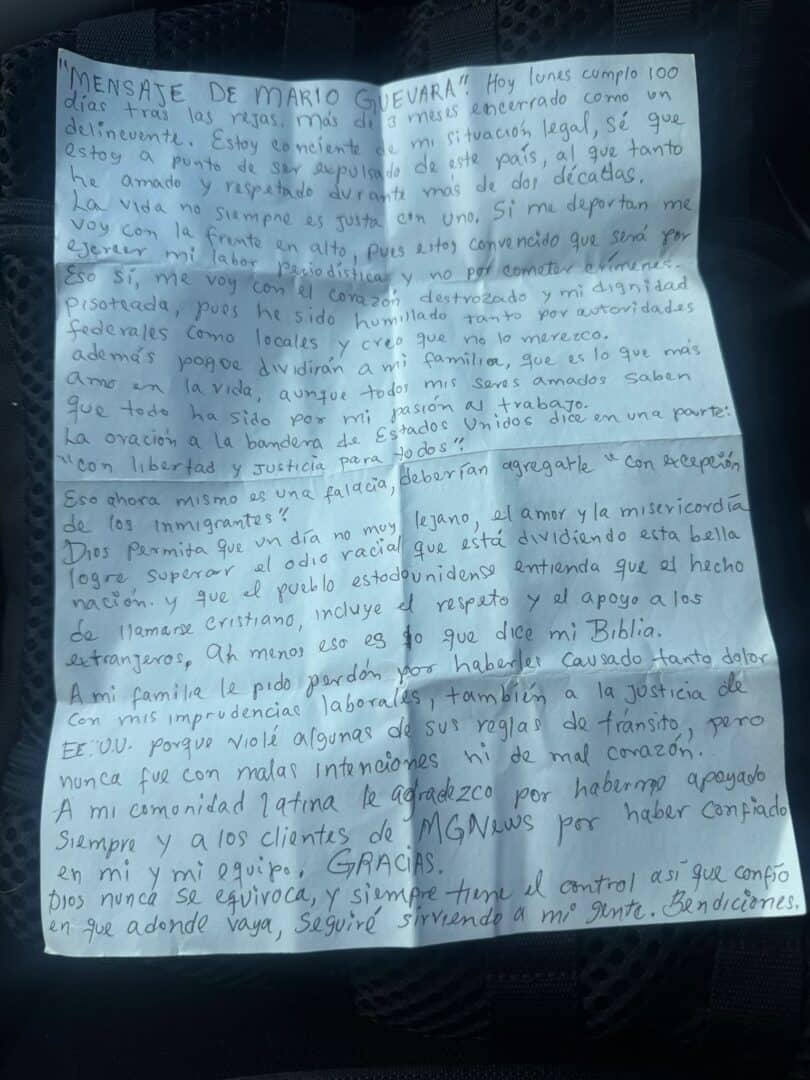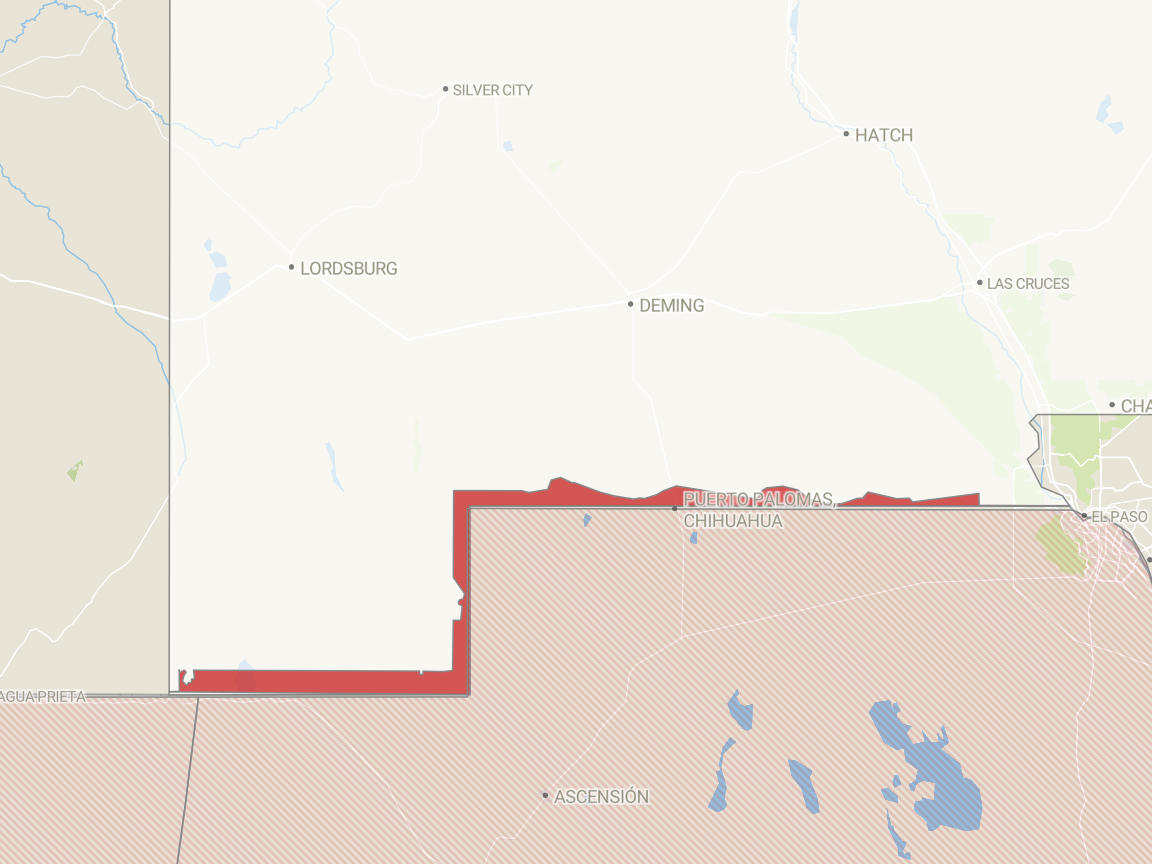*Some names have been changed to protect identities.
When Jane* learned that the Supreme Court greenlit President Donald Trump’s executive order to end birthright citizenship, she immediately panicked. The order was slated to take effect July 27. Jane’s first child was due just 10 days later.
Jane was filled with desperation and confusion. She wanted her son to be protected and to have the constitutional rights guaranteed to someone born in the U.S. She just wanted to do whatever was best for him. Fueled by fear, she went so far as to ask her doctor if she could be induced early so that her son would be born before July 27.
“Of course, they were like, ‘No, it’s not medically advised,’” Jane says. “I felt incredibly guilty for even bringing it up.”
Parents like Jane have been faced with fear and uncertainty since Trump signed the executive order on his first day in office. The ACLU and partners sued in January, taking swift action to block Trump’s cruel and lawless attempt to deny babies their constitutional rights. A complex legal battle followed. The Trump administration took several other challenges by states and other groups to the Supreme Court, asking it to limit lower courts’ ability to block his unlawful executive order using universal injunctions. The Supreme Court ruled in Trump’s favor, but families like Jane’s stood with the ACLU and our partners in immediately filing a second lawsuit, this time a class action, Barbara v. Donald J. Trump. The court then certified tens of thousands of U.S.-born babies as a class and blocked the executive order from impacting this class while the case proceeded.
While this was a victory for families like Jane’s, the Trump administration’s efforts to restrict constitutional rights turned what should have been the happiest moments into a time of stress and uncertainty.
"It’s not easy being an immigrant because there’s just so many hoops you have to jump through,” says Jane, who will soon obtain lawful permanent residence. “One of my biggest joys of giving birth here was knowing my son would never have to go through any of the issues that we’ve been through as immigrants.”
"One of my biggest joys of giving birth here was knowing my son would never have to go through any of the issues that we’ve been through as immigrants.”
Jane now has hope. She’s found it in the fact that her son’s passport, which is only issued to citizens, recently arrived in the mail. Her son even stayed still for his photo.
For others, months of fear around birthright citizenship has instead sowed feelings of doubt and hopelessness. When Thomas* and his wife arrived in the U.S. six years ago, he saw America as a land of hope, possibility and community. Thomas was thrilled to reunite with his wife’s father, a U.S. citizen who had lived in the country for close to two decades, and build their family.
Now, Thomas is preparing to leave the U.S. with his newborn son.
“It’s sad — I feel like I don’t really have a choice,” he says. “I would like my baby to grow up in the country where he was born, experiencing the good the U.S. has to offer. But right now, I can barely see those good things anymore.”
“I would like my baby to grow up in the country where he was born, experiencing the good the U.S. has to offer. But right now, I can barely see those good things anymore.”
Thomas’s son was born in the shadow of Trump’s executive order. Thomas has feared for his son since before he was born, worried that Trump would find a way to override the 14th Amendment and further terrorize his family.
“The Constitution says my son has the same rights as every American born here. It shouldn’t matter who his parents are,” he says. “He deserves the same life as other American kids.”
Thomas fears being “disappeared” by ICE and separated from his family. Simple routines — going to work, buying groceries — now carry risk. “Since police have been working with ICE, I don’t feel safe when I see a police car,” he says. “I feel like I’m in a place that’s not safe, and that’s the opposite of how I felt when I first came here.”
The decision to leave has not been easy. Thomas and his family spent years learning the culture, rules, and laws in the U.S. Just when they started to feel like they belonged, everything changed. Thomas has been ridiculed for speaking a foreign language in public and told to “go back to Mexico,” a place he’s never even been.
“The way people look at us, the way they talk to us — it’s changed. And now we have a president saying that kind of behavior is okay?” Thomas says, dismayed. “We’re planning to move back to our home country to make sure our son is safe,” he says. “Leaving is hard, but we have to do what’s best for our baby.”
Andrew*, another father facing the same uncertainty, insists he and his wife will stay and fight for their daughter’s constitutional rights.
“I remember I read the 14th Amendment and thought: if you’re born here, you’re a citizen,” Andrew says. “When the executive order came out, I thought it was just a political move.”
When Andrew first came to the U.S., Trump’s narrative was aimed at immigrants without legal status. Andrew didn’t worry for his family because he and his wife are here lawfully, albeit on a temporary status. But when the executive order targeted families with status as well, and the Supreme Court handed the Trump administration a procedural win, he realized that lawful status may not be enough to protect them. His daughter was still in danger.
“What if my daughter is considered American until she’s six and then her rights are revoked?” he wonders. “How will I tell her that her citizenship has been denied? Citizenship is not my right, but it is her right.”
Like his daughter, Andrew’s siblings also have birthright citizenship. They have been free to leave the U.S. when they wanted and to seek out various employment opportunities, without ever having to think about contingency plans. The contrast between his experience and his siblings’ has shown him what’s at stake if his daughter loses status. For Andrew, this fight is not only legal, but deeply personal.
“It makes me sad that this harms babies because they don’t have a voice yet, they don’t have legal resources,” he says. But Andrew is determined, and he wants his daughter to know that her rights are worth defending. “As a parent I am always going to protect my child.”
“My child is now a political debate,” Andrew says. “In 10 years, if she loses citizenship, she will know that despite the consequences, a lot of people fought for her.”
“My child is now a political debate,” Andrew says. “In 10 years, if she loses citizenship, she will know that despite the consequences, a lot of people fought for her.”
Right now, the class action win ensures that all children are protected from the order, and there is no reason for families to fear whether they need to move, give birth in another state, or take other drastic steps to secure their children’s citizenship. But the fight is not over. The government has asked the Supreme Court to hear the birthright citizenship issue in the coming months. The court will have to decide whether to hear the appeals — and if it does, more written legal briefs and oral arguments will follow, likely next year.
At the ACLU, we know that no one should ever be subject to a total erasure of their rights and, beyond the law, birthright citizenship is and has always been central to who we are as a nation. For Jane, Andrew, and Thomas, this fight may be long, but they hope to see it won, for their children’s sake.
“I don’t want my son to have to worry about any of those things,” Jane says. “Eventually, it’ll be a story. And yes, he’ll know his family story”
If you think your child is subject to the executive order and you have any questions, please visit the class website here.
Published September 30, 2025 at 09:29PM
via ACLU https://ift.tt/lKVBwAR


